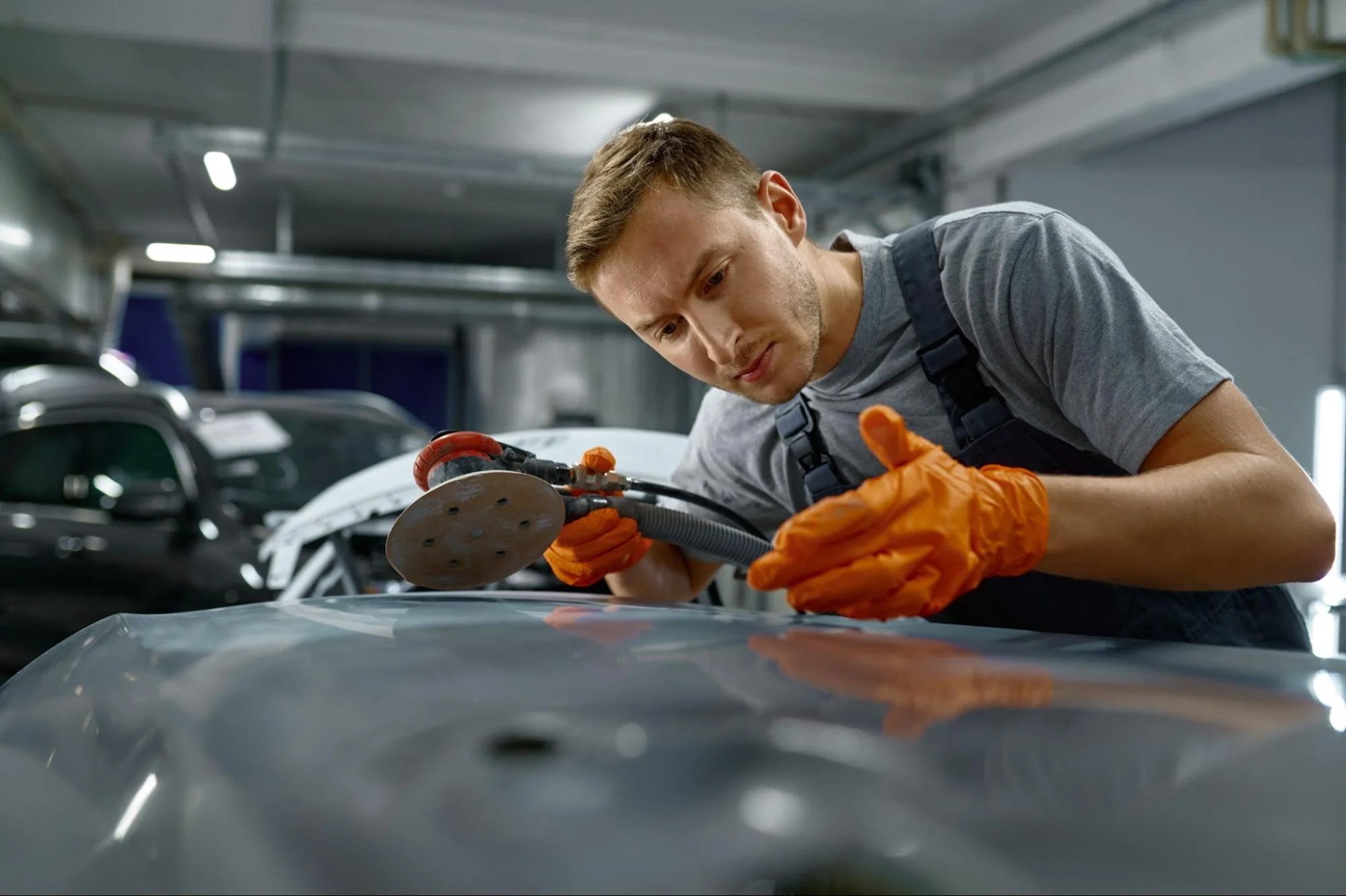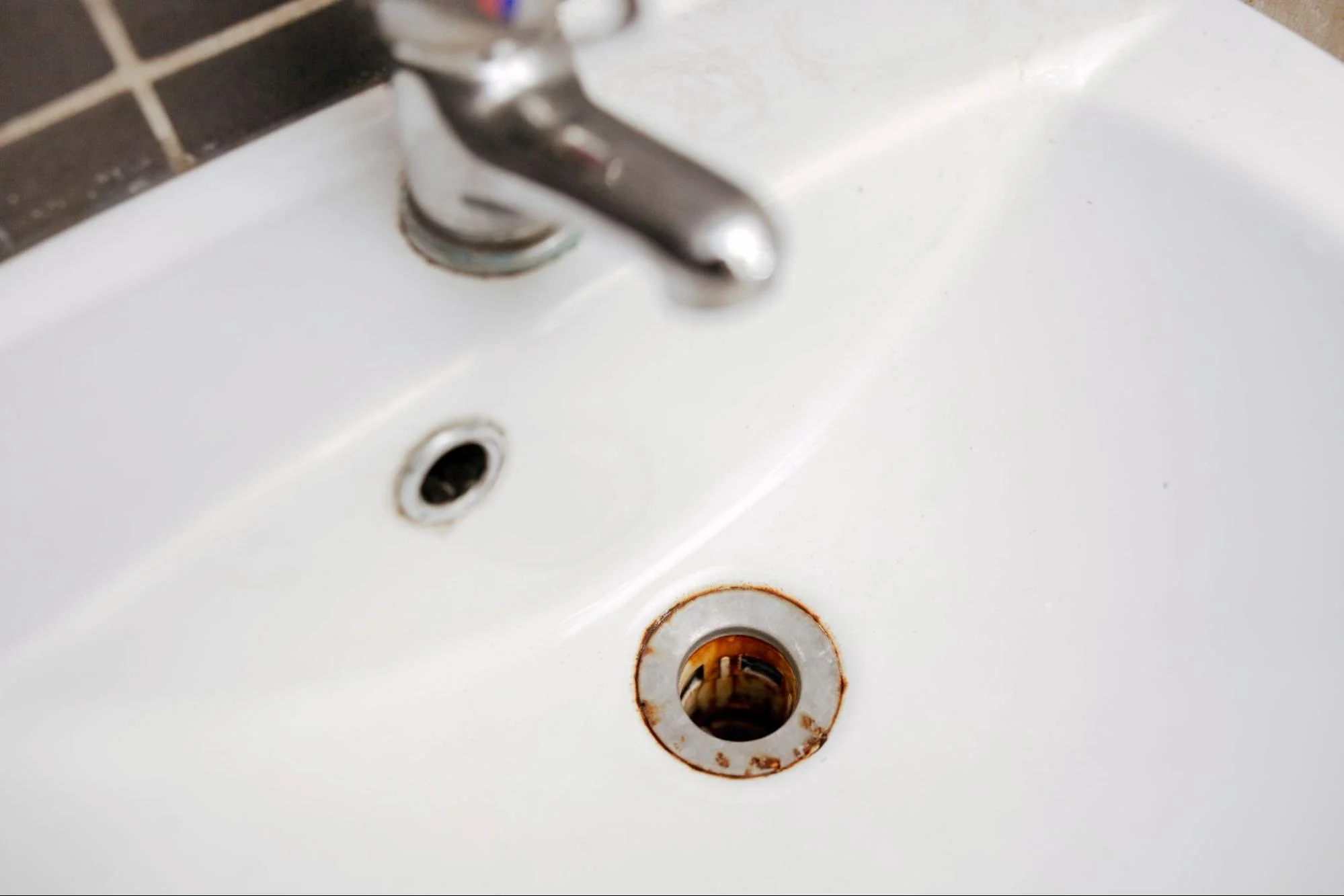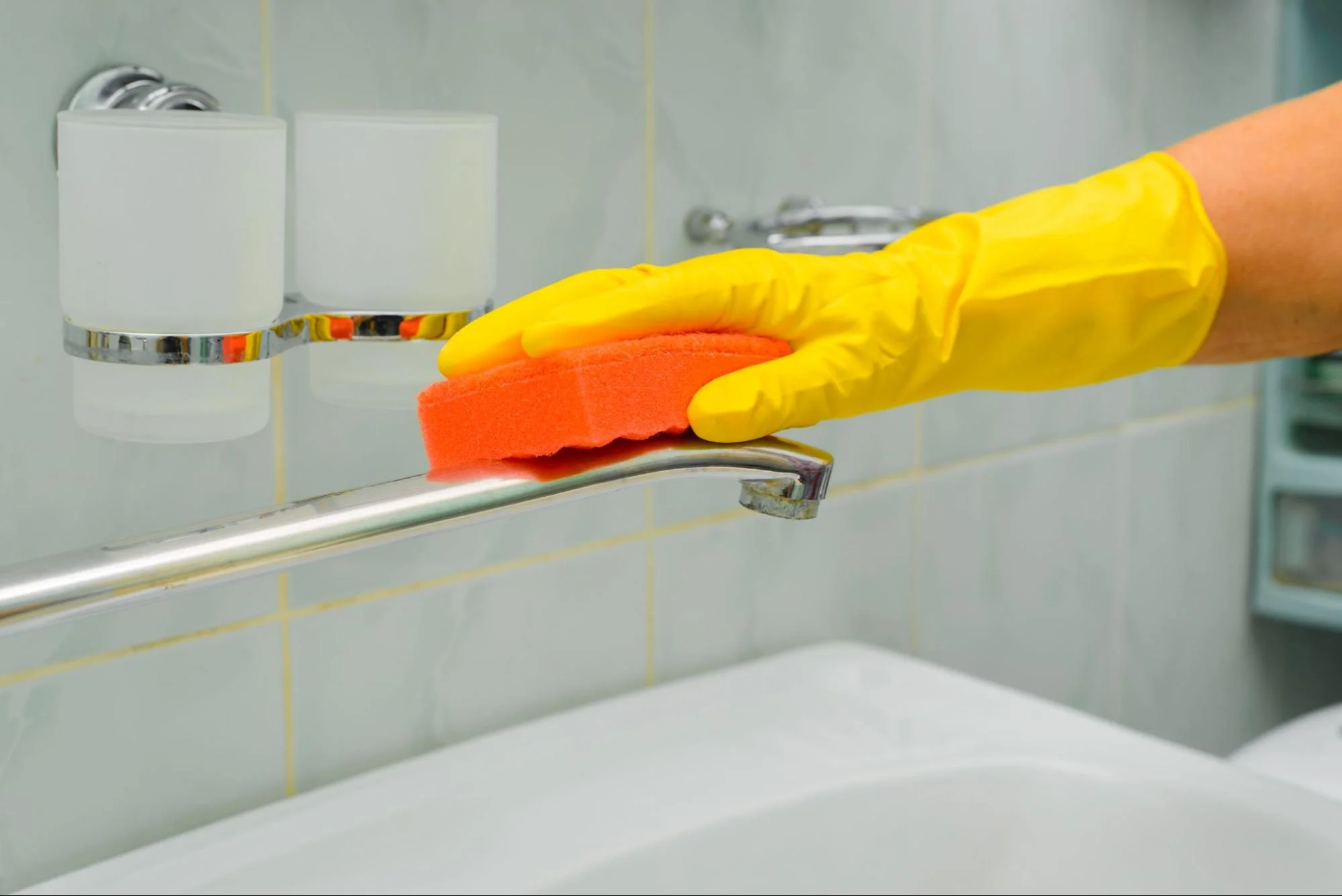
Rust is a common problem that can damage and weaken metal objects, tools, and equipment. It is formed when iron or steel reacts with oxygen and moisture in the air. Rust can be unsightly, dangerous, and costly to repair. However, there are ways to prevent and treat rust to keep your metal items in good condition.
To deal with rust effectively, it is important to understand how it forms and what factors contribute to its development. Rust is a chemical reaction that occurs when iron or steel is exposed to oxygen and water. The reaction creates iron oxide, which is the reddish-brown substance we commonly refer to as rust. Factors that can accelerate rust formation include exposure to saltwater, acidic substances, and high humidity.
Fortunately, there are several ways to combat rust and prevent it from forming or spreading. One effective method is to apply a protective coating to metal surfaces, such as paint, oil, or wax. Another option is to use a rust converter, which chemically converts rust into a stable compound that can be painted over. Regular cleaning and maintenance can also help prevent rust from forming or spreading.

Rust is a common problem that affects metals, especially iron and steel. It is the result of a chemical reaction between iron, oxygen, and water, which forms iron oxide, commonly known as rust. Rust can cause significant damage to metal surfaces, leading to corrosion, weakening of the metal, and even structural failure.
Rust is a type of corrosion that occurs when iron or steel is exposed to oxygen and moisture. This process is called oxidation, and it involves the transfer of electrons from the iron atoms to the oxygen atoms. When water is present, it acts as an electrolyte, facilitating the transfer of electrons. The result is the formation of iron oxide, which is a reddish-brown compound that weakens the metal surface and causes it to flake off.
Several factors can contribute to the formation of rust. These include:
Understanding the science behind rust formation and the common factors that contribute to it is crucial for preventing and treating rust. By taking proactive measures to prevent rust, such as applying protective coatings or keeping metal surfaces dry, you can avoid costly repairs and ensure the longevity of your metal objects.

Rust is a common problem for metal objects, and it can cause significant damage if not addressed promptly. Fortunately, there are several ways to combat rust, including preventive measures, rust removal techniques, and protective coatings and sealants.
Prevention is the best way to combat rust. Here are some preventive measures to keep rust at bay:
If rust has already formed on a metal surface, you can use the following techniques to remove it:
Protective coatings and sealants can help prevent rust from forming on metal surfaces. Here are some options:
By taking preventive measures, using rust removal techniques, and applying protective coatings and sealants, you can combat rust and keep your metal objects looking great for years to come.
Rust is a common problem that affects metal surfaces, but it can be prevented and treated. In this article, we have discussed several tips for preventing and treating rust, including using rust inhibitors, applying protective coatings, and keeping metal surfaces dry.
One effective way to prevent rust is to use a rust inhibitor. Rust inhibitors work by forming a protective barrier on the surface of the metal, preventing moisture and oxygen from coming into contact with the metal and causing rust. Kaminskiy Care and Repair recommends using a rust inhibitor such as Rust-Oleum Rust Inhibitor Spray, which can be applied to metal surfaces to prevent rust from forming.
Another way to prevent rust is to apply a protective coating to the metal surface. Protective coatings such as paint, wax, and oil can help to protect the metal from moisture and oxygen, preventing rust from forming. Kaminskiy Care and Repair recommends using a high-quality paint or coating, such as Rust-Oleum Stops Rust Protective Enamel, to protect metal surfaces from rust.
Finally, it is important to keep metal surfaces dry to prevent rust from forming. Moisture is a key factor in the formation of rust, so keeping metal surfaces dry can help to prevent rust from forming. By following these tips for preventing and treating rust, you can keep your metal surfaces looking great and free from rust for years to come.
There are several effective methods for preventing rust on metals. One of the most important is to keep the metal dry and free from moisture. This can be achieved by storing the metal in a dry place and using a dehumidifier if necessary. Another effective method is to apply a protective coating or paint to the metal surface. This will create a barrier between the metal and the surrounding environment, preventing rust from forming.
There are several effective treatments available for removing rust. One of the most effective is using a rust remover product. Rust removers work by dissolving the rust from the metal surface. Another effective method is to use an abrasive material, such as sandpaper or a wire brush, to physically remove the rust from the metal surface.
Several coatings and paints are recommended to prevent rust on surfaces. One of the most effective is a zinc-rich primer. Zinc-rich primers work by creating a barrier between the metal and the surrounding environment, preventing rust from forming. Another effective coating is an epoxy coating. Epoxy coatings are highly resistant to corrosion and can be used on a variety of surfaces.
Yes, several household items can be used to prevent or treat rust. One of the most effective is vinegar. Vinegar can be used to remove rust from metal surfaces. Another effective household item is baking soda. Baking soda can be used to create a paste that can be applied to rusted metal surfaces to remove rust.